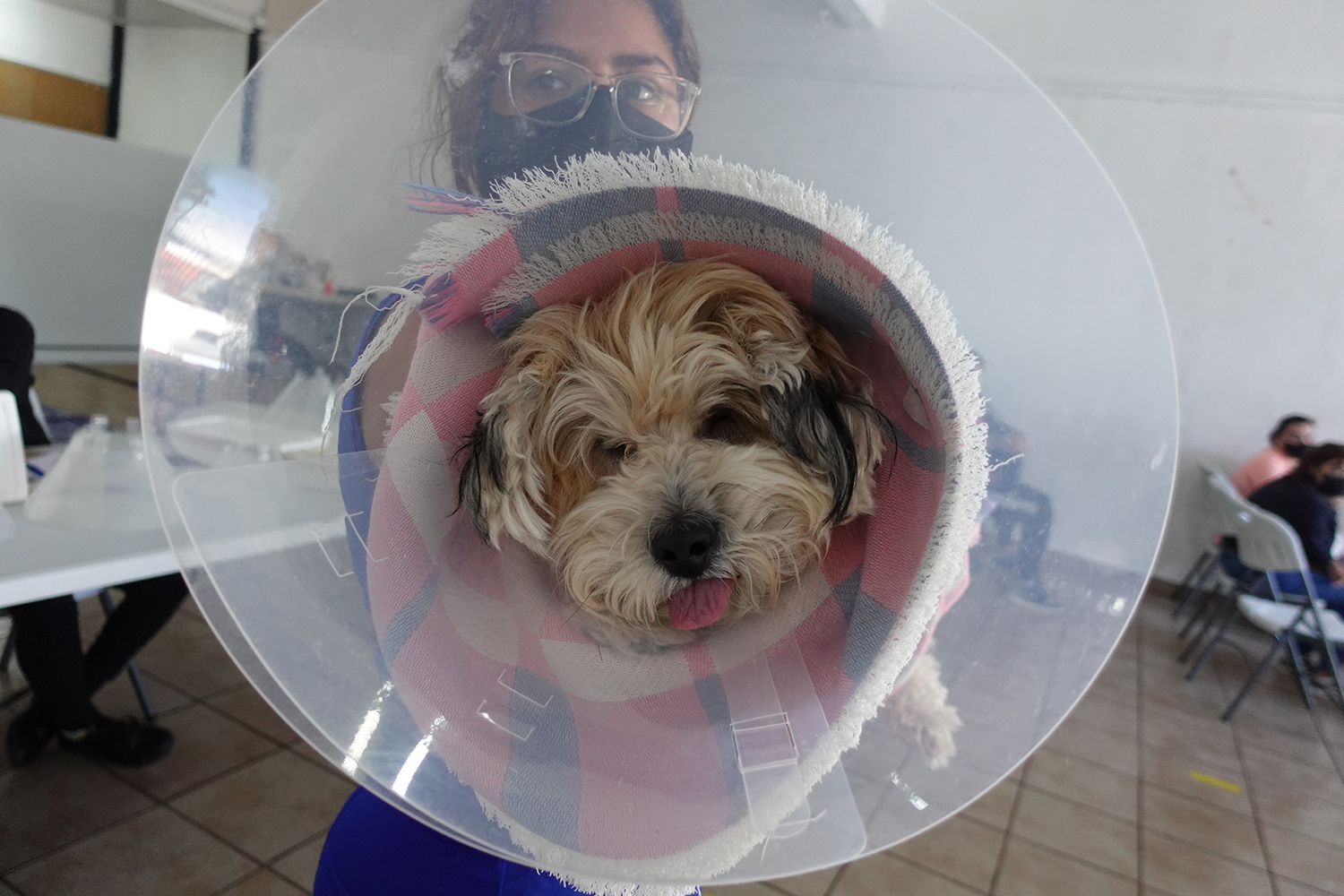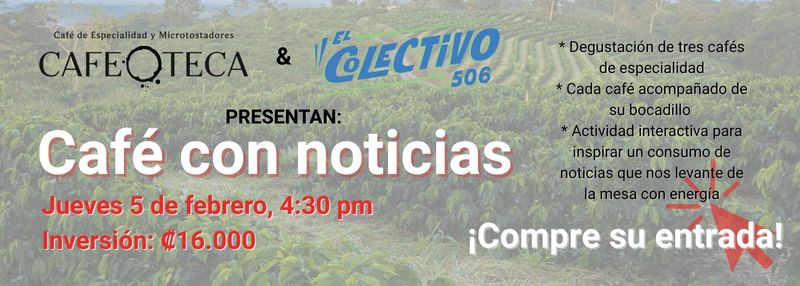Every day we cross paths with one of them on the street. Sometimes, we ignore them completely; on other occasions, we might give them a little attention before continuing on our way. But rarely do we analyze the factors that bring those stray animals across our path, and why this seems to be a neverending story.
Animal overpopulation in Costa Rica has long been present in the collective imagination. However, if it weren’t for national, regional, and local nonprofits, the problem would be much bigger.
One of these organizations is the National Association for the Protection of Animals (ANPA), which through its ANPA-Castra program, collaborates in reducing the number of stray animals pets in our country.
The National Study on Ownership of Dogs in Costa Rica 2016 conducted by World Animal Protection in 2016 counted just over 1.3 million domestic dogs. ANPA projects that the number of cats in Costa Rica could be half that number. El Colectivo 506 was unable to obtain statistics regarding the stray animal population in Costa Rica; however, strays are visible throughout the country, and regularly exhaust the available resources and space of rescue organizations such as ANPA.
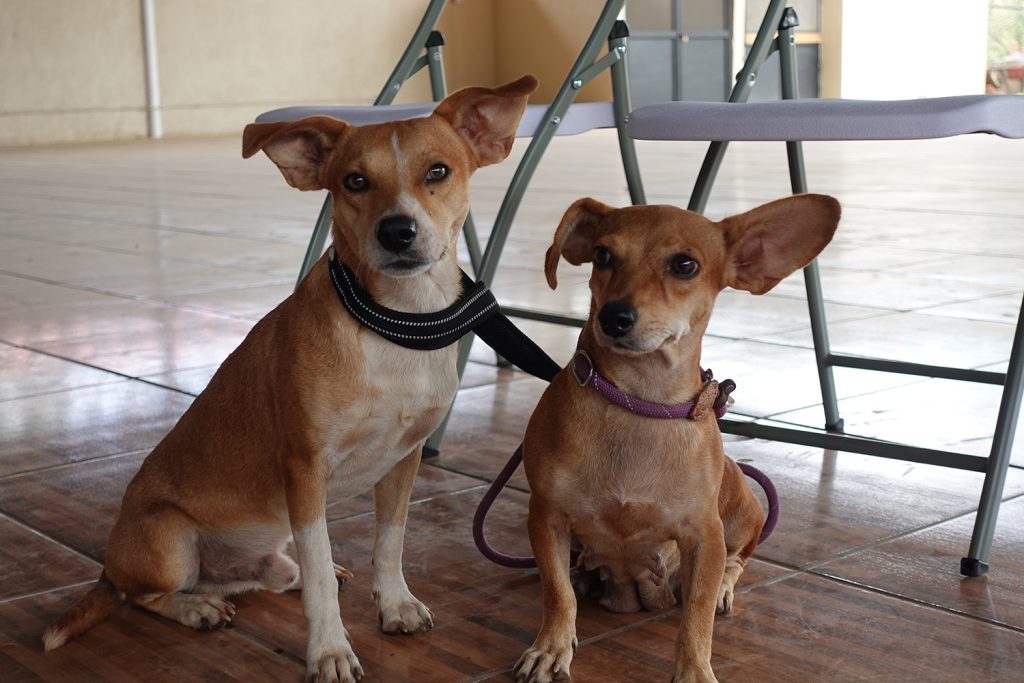
In the year 2000, after a process of introspection regarding the best way to improve animal welfare, ANPA launched its first castration campaigns. The association decided to operate on the animals under their care in the shelter that it managed at the time, and also to offer the service to the community as a whole.
“ANPA had a shelter that was open to the public between 1990 and 2006. During that period, we learned a lot about population management— the problems that are associated with it, and the most effective, efficient and humane steps that could really contribute to animal welfare and reduce cases of abuse and abandonment,” says Gisela Vico, President of ANPA. “In 2000, thanks to the fact that we already had the tools to conduct castration campaigns, we decided to start this adventure by doing what we called Castration Days. We focused on caring for animals from Dulce Nombre de Coronado, where our shelter was located.”
The organization sought not only to perform operations, but also to raise awareness. At the end of the day, it’s irresponsible handling of animals by human beings—particularly when it comes to reproduction—that causes the problem in the first place.
Steady growth
That first year was key for the organization. ANPA spayed and neutered 515 animals. They also managed to send the three veterinary doctors that had been hired for this project to the United States to be certified with SPAY USA, the leading U.S. facilitator of low-cost castrations.
Thanks to this initiative, Costa Rica became the first Central American country to pioneer mass spay and neuter campaigns, carried out with modern techniques and at low cost. This achievement gave rise to the “Your Local Vet” program, which evolved into what we know today as ANPA-Castra.
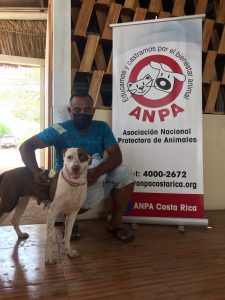
The first spay and neuter event held outside the Greater Metropolitan Area took place on April 7th of that year, in Puerto Viejo de Limón. It was led by a small but committed team including a veterinary doctor, as well as volunteer staff who provided their own equipment or obtained it through strategic allies.
Such was the initial success that in 2001, ANPA doubled the number of operations, spaying and neutering 1,241 dogs and cats. During the same year, Costa Rica was the only Latin American participant in the III International Companion Animal Welfare Conference (ICAWC).
In the two years that followed, 7,031 operations were performed during visits to more than 75 communities nationwide. ANPA also strengthened their network at the international level by signing a training and logistics agreement with SPAY USA. That’s how SPAY COSTA RICA was born.
“ANPA earned the privilege of working under the name of SPAY COSTA RICA by making a significant leap in the number of animal operations we performed each year,” says Gisela. “Unfortunately, [the name] SPAY COSTA RICA was then used without authorization by another national group. In view of the confusion, we decide to refer only to ANPA’s castration campaigns until we reached what we know today as ANPA-Castra.”
ANPA-Castra spays and neuters animals as a basic veterinary service, at prices that are less than 50% of the rate established for small species by the Costa Rican Veterinary Doctors Association.
“The campaigns are highly professional. Since its inception, ANPA has kept its mortality rate on the table below 1%,” says Gisela.
For Ileana Céspedes, veterinarian and Coordinator of the Small Animal Program of the National Animal Health Service (SENASA), these types of efforts—which are essential in controlling these populations—don’t take place in a vacuum. Rather, they’re directly related to communities and their values, interests and attitudes.
“In our country, as in many others where there are guidelines based on respect and animal welfare, these populations are not collected, but rather capture, castrate and release programs are used, which is an updated objective for approaching these animals,” says Ileana. “This is without taking into account the fact that there are very low rates of adoption of these animals, so we have always seen this as the most difficult bet.”
She adds that this type of activity has a positive impact on the welfare of animals, since it strengthens compliance with all national regulations on the matter. The population is also guaranteed that the procedures that are carried out must be directed and executed by veterinarians.
Since its inception and to date, the effort of the entire human team of this organization is reflected in the 168,000 castrations that have been carried out throughout the country. ANPA has visited 39 of Costa Rica’s 84 cantons, from Peñas Blancas to Osa and beyond.
A community effort
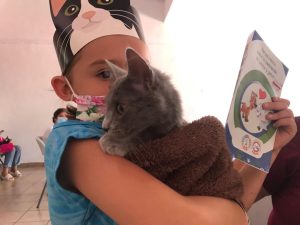
One of the successes of this initiative has been the accompaniment so that the population learns about the subject and the benefits of the procedures, they do not hesitate twice to take their animals to castrate and share the positive of the experience, by point that today, less than 100 animals per event do not reach the campaigns.
When the project was in its early stages, people in general were not aware of the impact that the issue could have on their lives and those of their communities. However, now there is a much greater number of people who seem to understand that castration is an emergency, which must be attacked with clear and concrete actions, despite the limitations of the different entities that are involved in developing programs of this type.
“It has not been an easy road, but thanks to the fact that the program has been well received by many people, it has managed to grow and cover more and more communities,” says Gisela. “Before, the people who organized themselves for animal protection set their sights on a shelter. Thanks to ANPA’s experience and its trajectory, now there are more people and groups spaying and neutering than building shelters.”
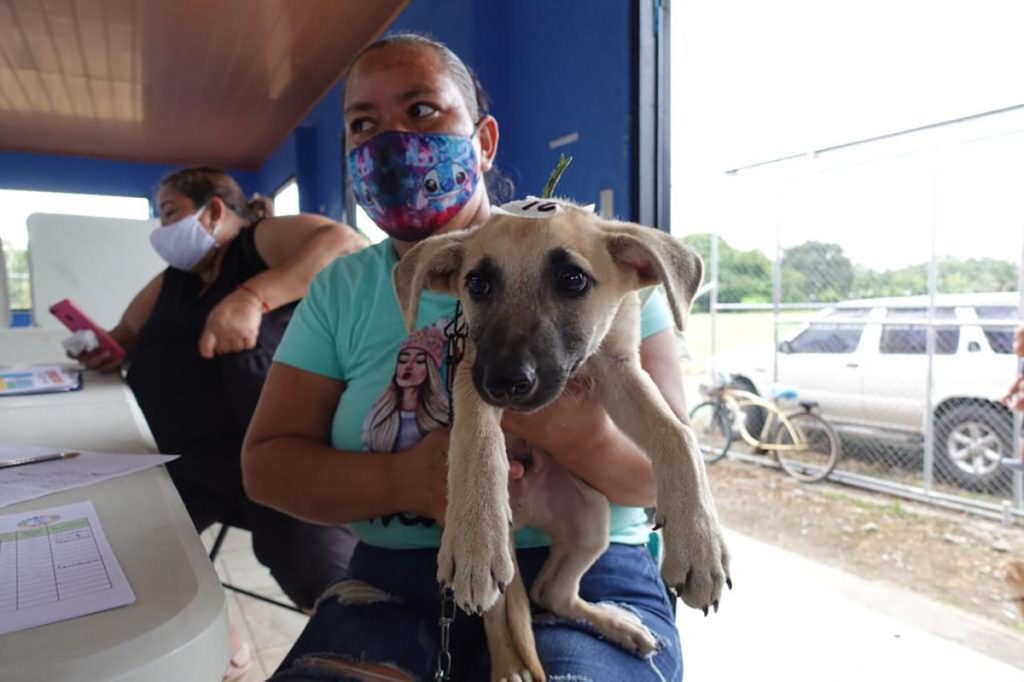
Another of the pillars of this initiative has been the commitment of its team. Gone are the days when just three vets worked alongside an army of volunteers. Now, the project has spawned a network with more than six doctors fully committed to the cause, as well as an administrative group, volunteers, and professionals who provide additional services that allow the organization to cover costs.
Gisela explains that ANPA also has its own team to offer additional services such as nail clipping, multivitamins, ear cleaning, and other actions necessary for animals’ well-being: “There is much more solid and extensive knowledge now about the importance of managing campaigns as a basic health service, under the concept of integrated health.”
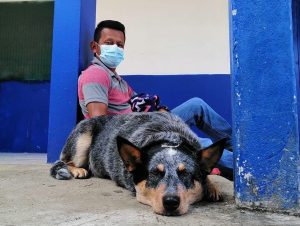
Education has also been a highly relevant component over the years, leading to the creation of a new project called ANPA-Educa. It works hand in hand with ANPA-Castra, generating resilience among citizens of all ages through manuals and color guides, videos, songs, and other audiovisual material.
These ANPA divisions are coordinated by Vanessa Vargas, who has been a part of the organization for more than 15 years. She says that these 15 years have been a fascinating challenge, thanks to her passion for animals and the extraordinary team behind her.
“It is a joint effort. The community must be sensitized and aware of the importance of spaying and neutering so that the program can handle situations with dogs and cats in a humane way. Local governments are also a vital part of this joint work”, says Vanessa. “Together, we are generating more and more integration between medical services and educational experiences.”
Alliances with local governments
ANPA’s efforts have not only spread a message of responsibility and animal welfare throughout the general public, but also attracted supporters such as municipalities. Some of Costa Rica’s 84 local governments have recognized the importance of having a positive impact on public health through these types of efforts.
The first local government to work with ANPA was the Municipality of San José in 2002, through the municipality’s Department of Parks. On that occasion, 481 operations were performed. This first effort planted a seed that germinated four years later when the Municipality of Escazú joined the project. In 2008, Curridabat, one of the municipalities that is most active in animal rights, also joined.
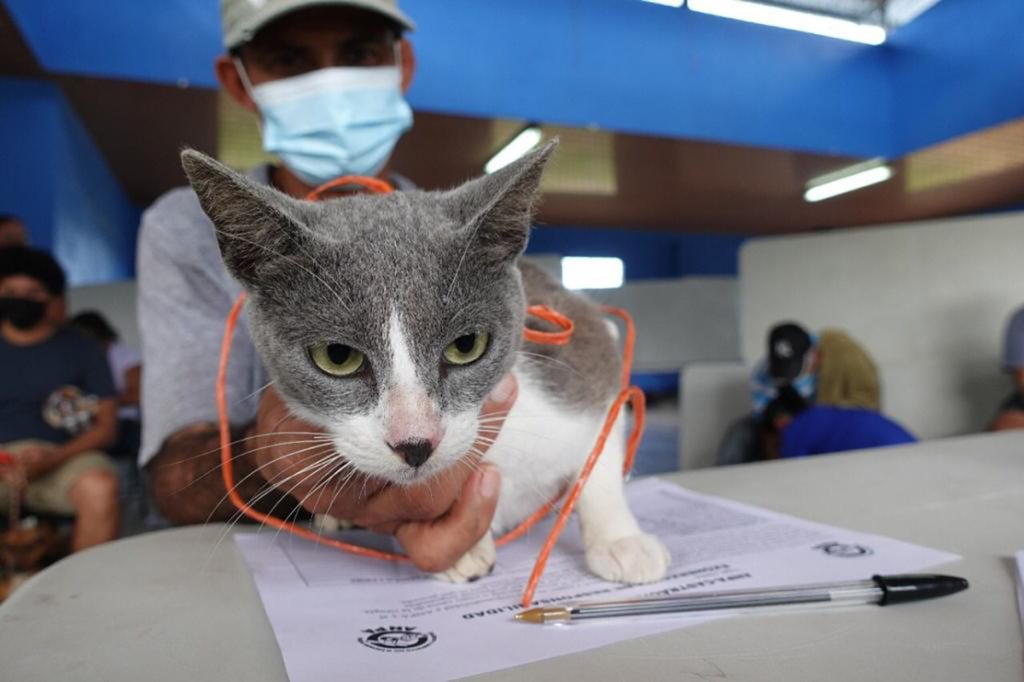
To date, 17% of all municipalities in Costa Rica officially work with ANPA on spaying and neutering campaigns, educational projects, awareness workshops, and related issues.
One of the challenges facing the organization is how to change the mentality of the remaining municipalities in order to achieve more of these commitments, and generate changes not only among authorities, but also citizens.
Gisela says these challenges come about because municipal authorities are often poorly informed about animal welfare, and lack training on the topic. In addition, sometimes people who get involved in animal welfare work for the first time view the subject from an emotional perspective, do not seek advice from the right people, or have never worked with this type of population—all of which can lead to missteps.
“It is vital to understand that animal welfare is not a hobby. It is not a pastime,” Gisela says. “Animal welfare is a subject that can be seen as a profession, for which you have to study, that you have to learn, you have to research. As an individual, you have to let yourself mature, because the general concepts of animal welfare vary from year to year thanks to the research that is emerging.”
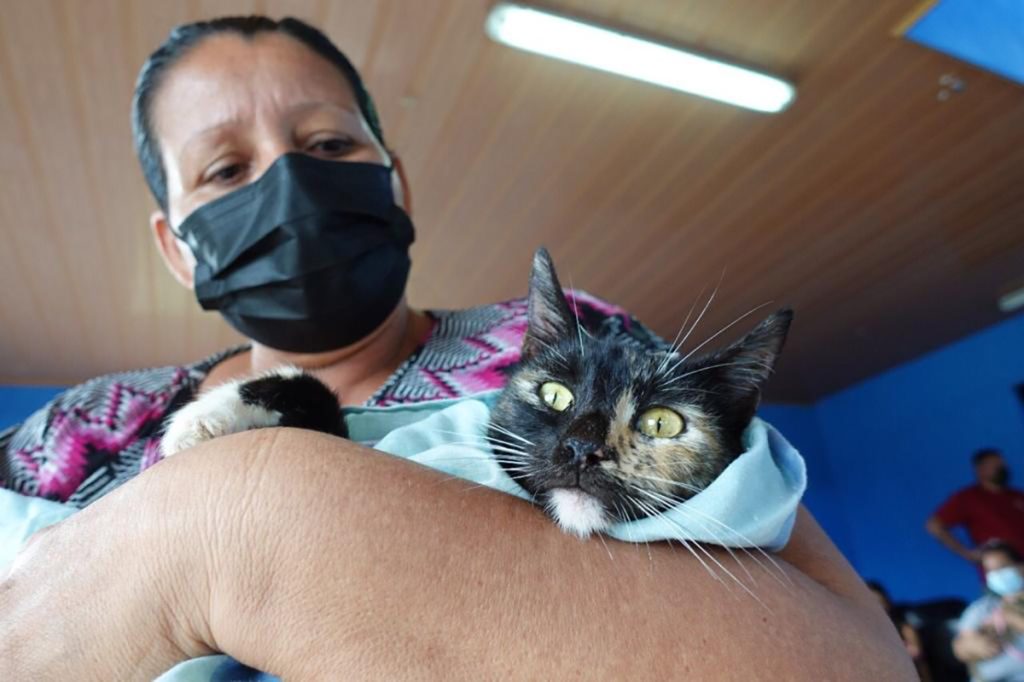
Goals for the future
ANPA is open to the support of people or companies that wish to help their impact continue to grow. Vanessa, the coordinator of ANPA Castra and ANPA Educa, says that as long as potential partners are committed to a coordinated and serious effort, the ANPA team is willing to go wherever it has to go.
“People who are interested in animal welfare are not ordinary citizens, because they have an admirable willpower. They know how to get involved in something that is only for the brave,” says Vanessa. “They can come as volunteers. They can organize [spay and neuter] campaigns. They can carry out educational activities. However, we must always take the needs of each community into account so we can figure out how to organize in the best way.”
She says that people interested in these activities can contact [email protected] or 8992-4606.
ANPA President Gisela Vico takes a moment for nostalgia when we ask her which castration campaign has affected her the most. After 22 years of struggle, effort, and being one of the very few people who have been in the project from the beginning, she does not hesitate to take the conversation back to April 25th, 2002.
“That campaign was in Hatillo 2,” she recalls. “We worked with four veterinarians and it was the first time that we surpassed 100 castrations. We closed with 138 operations, and we finished after midnight, while the room was being cleaned and arranged. For us, it was total craziness.
“It was a campaign sponsored by the Municipality of San José. It was simply wonderful. And to think that now we carry out campaigns for 160 animals, with two veterinarians, and we leave at 4 or 5 in the afternoon. We’ve come a long way,” says Gisela.
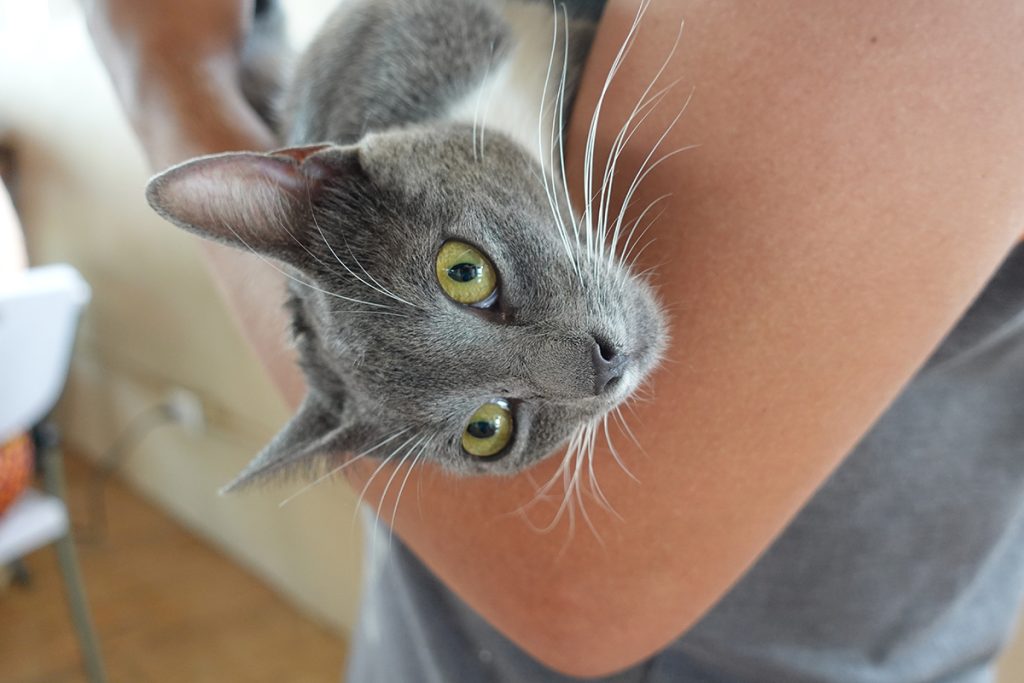
{%CAPTION%}Like the rest of the planet, ANPA has been affected by the COVID-19 pandemic. Their interventions collapsed because of health restrictions, which increased animal populations.
However, starting in 2021, ANPA activities started increasing again, although in a more controlled and reduced way. The ANPA team has started working only by appointment, because attendance at activities has been low. If 100 or 120 appointments are scheduled for a campaign, in the end only half of the people who requested a space end up arriving.
Despite this, and other factors such as the drop in local donations (both individual and corporate) and international support, organization’s leaders say they are positive and hope that pre-pandemic figures can be reached by the end of 2022.
“We’re going one step at a time,” says Gisela. “Sometimes the numbers of animals impacted in the campaigns go up, and sometimes they go down; the economic situation of the country limits and leaves animals behind. There are higher priorities, and we understand. That is why our struggle to fundraise is parallel to our work, so that we can offer as much access to veterinary services as we can.”


